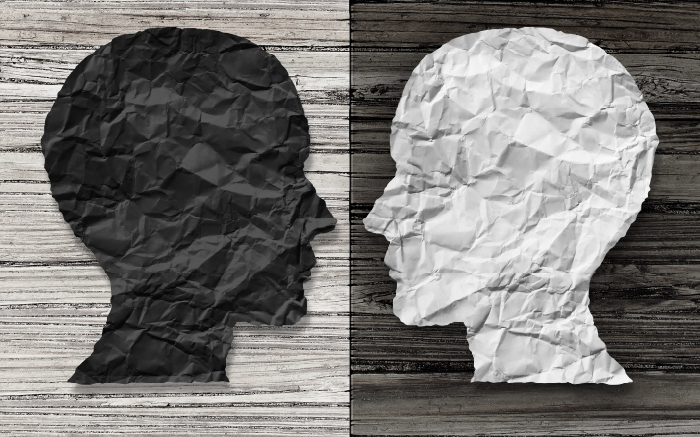Depression is a pervasive mental health condition that affects millions of individuals worldwide, impacting various aspects of their lives, including cognitive functioning. While the link between depression and cognitive impairment is well-established, the specific impact of depression on IQ remains a topic of interest and debate within the scientific community.
In this article, we explore the latest research on the relationship between depression and IQ, shedding light on the complexities of this dynamic interaction.
Understanding Depression and IQ
Depression is a complex mental health disorder characterized by persistent feelings of sadness, hopelessness, and disinterest in activities once enjoyed. Cognitive impairment is a common symptom of depression, with individuals often experiencing difficulties in concentration, memory, decision-making, and problem-solving.
IQ, or intelligence quotient, is a measure of cognitive ability derived from standardized tests designed to assess various cognitive skills. This includes verbal comprehension, perceptual reasoning, working memory, and processing speed. While depression and IQ are distinct constructs, they can influence and interact with each other in significant ways.
The Impact of Depression on Cognitive Functioning
Numerous studies have documented the negative impact of depression on cognitive functioning across various domains. Research indicates that individuals with depression often exhibit deficits in attention, executive function, and memory, which can affect their ability to perform daily tasks and engage in academic or occupational activities.
The severity of cognitive impairment in depression may vary depending on factors such as the duration and severity of depressive symptoms, comorbid medical conditions, and treatment history. Additionally, persistent cognitive impairment in depression has been associated with poorer treatment outcomes and an increased risk of relapse.
Exploring the Link Between Depression and IQ
While the relationship between depression and cognitive functioning is well-established, the specific impact of depression on IQ remains a subject of debate. Some studies suggest that depression may lead to a decline in IQ scores over time, particularly in individuals with recurrent or chronic depression. Longitudinal research has found that persistent depressive symptoms may impair cognitive development and contribute to declines in IQ performance. However, other studies have found mixed results, with some showing no significant association between depression and IQ or even improvements in cognitive functioning following successful treatment for depression.
Potential Mechanisms
Several potential mechanisms may underlie the impact of depression on IQ. Neurobiological factors, such as alterations in brain structure and function, neurotransmitter imbalances, and neuroinflammation, may contribute to cognitive impairment in depression.
Chronic stress, a hallmark feature of depression, can also impair neuroplasticity and disrupt cognitive processes, further exacerbating cognitive deficits. Additionally, lifestyle factors associated with depression, such as poor sleep quality, sedentary behavior, and an unhealthy diet, may indirectly influence cognitive functioning and IQ.
The Role of Treatment
Various treatment factors, including the type, duration, and effectiveness of interventions, may influence depression’s impact on IQ. Research suggests that successful treatment for depression, whether through psychotherapy, medication, or a combination of both, may lead to improvements in cognitive functioning and IQ.
However, the extent to which these improvements occur and whether they are sustained over time remains a topic of ongoing investigation. Early intervention and treatments that address both depressive symptoms and cognitive deficits help optimize outcomes and mitigate the long-term impact of depression on IQ.
Finding Solutions
The relationship between depression and IQ is complex, with depression exerting a significant influence on cognitive functioning and vice versa. While the specific impact of depression on IQ remains a subject of debate, research suggests that depression may contribute to cognitive impairment and changes in IQ performance over time.
Understanding the connection between depression and IQ is essential for developing targeted interventions that address cognitive deficits and promote overall well-being in individuals affected by depression. By prioritizing early detection, comprehensive treatment, and ongoing monitoring, we can better support individuals with depression and mitigate the impact of the condition on cognitive functioning and IQ.






